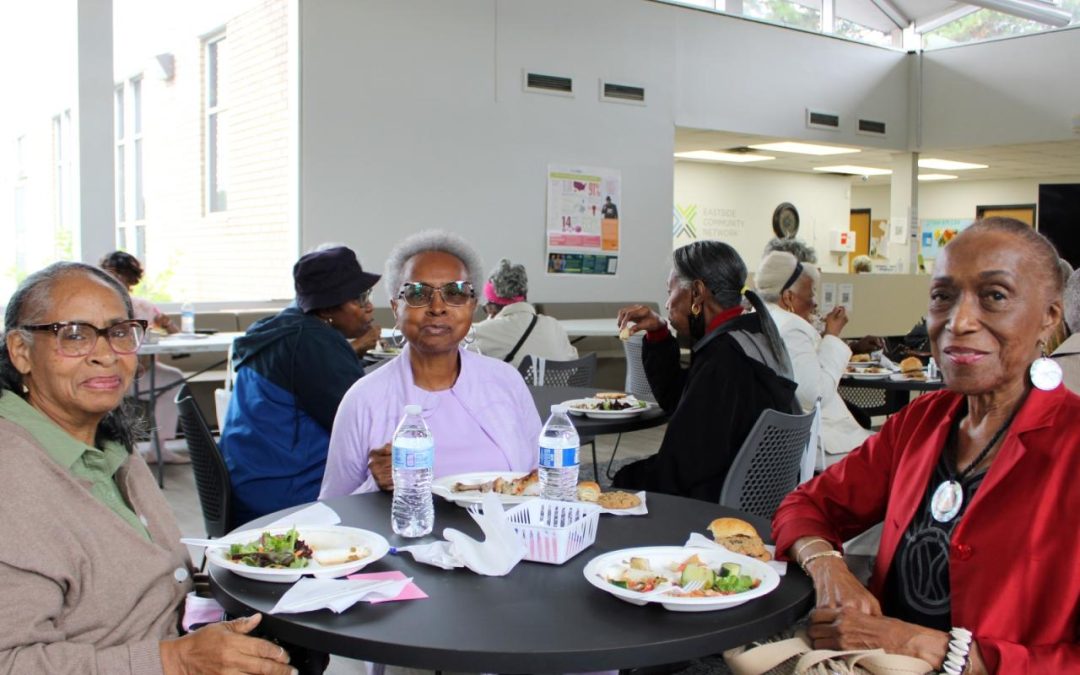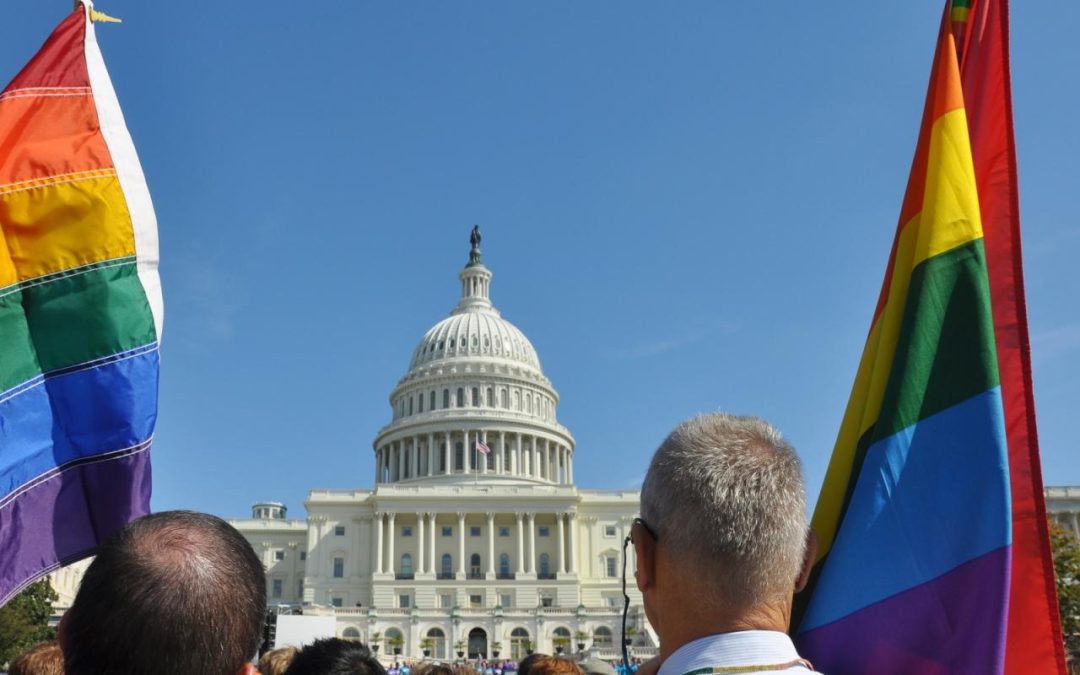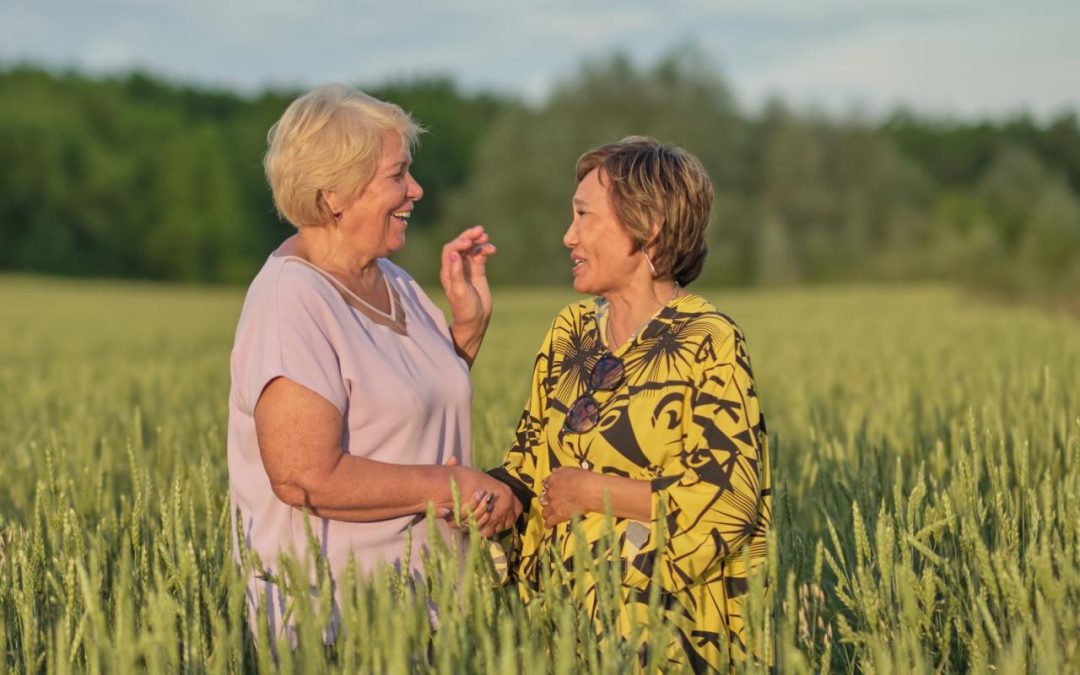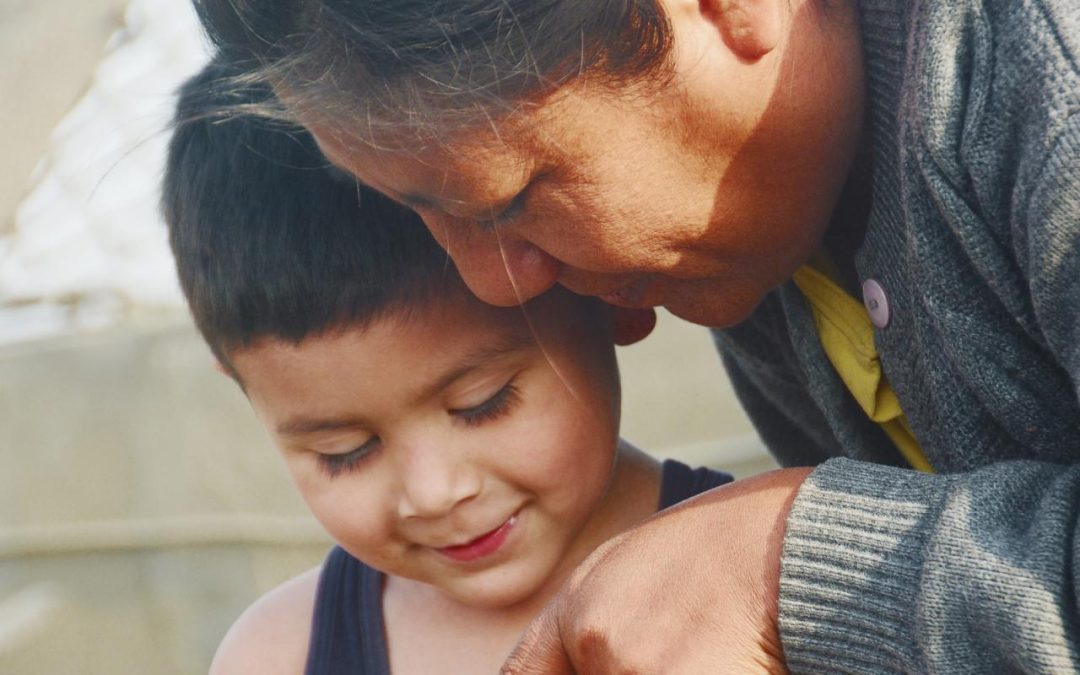‘In addition to consulting on specific projects, the program provided perspectives to multiple audiences.’

Generations Journal, vol. 47, no. 4 (Winter 2023-24)

‘In addition to consulting on specific projects, the program provided perspectives to multiple audiences.’

Barriers and recommendations for overcoming them in work, volunteering, and caregiving for A/AA communities.

What is an intersectional perspective and how must we view work and older adults via this lens?

Focusing on ending ageism, especially as it intersects with other ‘isms,’ will improve the odds of everyone aging productively.

Connecting among generations to advocate on shared issues can be the most effective way to get things done.

Why grounding intergenerational programming in theory increases their chances of success.

Programs connecting generations show incredible promise and should be expanded upon nationwide.

Ernest Gonzales is laser-focused on ensuring everyone has choices to live productively.

Here’s how we can bust out of our age silos, join forces across generational divides, and co-create the future.

Indigenous perspectives in health research are critical if we are to resolve enduring structural inequities in this population.
Generations Journal, vol. 47, no. 4 (Winter 2023-24)
Abstract: This article profiles a program in Detroit, MI, funded by the National Institute on Aging, called the Michigan Center for African American Aging Research and its key offshoot the Healthier Black Elders Center (HBEC). Board members of its Community Advisory...
Abstract: This article provides an overview of the context of work, volunteering, and caregiving among Asian and Asian American older adults informed by Asian Critical (AsianCrit) Theory. Examples are provided from the existing literature on productive activities...
Abstract: There are more older workers who are women and people of color in the American workforce than ever before. Advances in technology and medicine have allowed older workers to remain in the workforce longer, even as older workers continue to be challenged with...
Abstract: Substantial growth has occurred in the development of scholarship and advocacy to promote productive engagement in later life. Yet this progress matches neither the growth nor potential of the older population. We must focus on ways to optimize older adult...
Abstract: In our increasingly polarizing society, we have been inundated with news stories that perpetuate stereotypes of different generations and lament a great generational divide. But researchers and practitioners paint a very different—more optimistic—picture of...
Abstract: Intergenerational programs engage youth (ages 24 and younger) and adults (ages 50 and older) in intentional, shared programming. Research consistently reveals positive outcomes reflecting varied program goals and participants. Not everyone has equal access...
Abstract: Intergenerational programs hold tremendous promise to achieve an equitable and peaceful society in an ever-diversifying nation. This article reviews theoretical perspectives and key concepts to systematically dismantle stereotypes, namely psychosocial and...
Ernest Gonzales is an idealist who is actively working to evolve how we age until it is equitable. He gets a mind-boggling amount done, and we got a peek into his methods working on this issue as he was incredibly organized and somehow always cheerfully responsive to...
Abstract: We're living in the most age-diverse society in human history—and one of the most age-segregated. We're missing out on the complementary skills and talents people of all ages can bring to the table, the power and energy they can create, the divides they can...
Abstract: Indigenous older adults are a diverse and growing population that is not equitably included in gerontological research and continues to experience disparate health outcomes in later life. Resolving structural inequities endured by Indigenous peoples across...
Abstract: Amid a climate of division and inequity in American society, we are also lonelier than ever. But connection, particularly across age, gender, ethnic, and socioeconomic divides, lays the foundation to address social inequities and create a better future for...
Abstract: Entrepreneurs are hailed as economic heroes and drivers of job growth. Yet an analysis of Current Population Survey data of U.S. residents between ages 50-64 demonstrates that entrepreneurs disproportionately lack health insurance and workplace retirement...
Abstract: Intergenerational programs and shared sites, when done well, help debunk ageism and combat the epidemic of loneliness and social isolation felt acutely by younger and older people. The benefits for every age have been documented and deserve further research....
Suggested citation for articles in this issue: [Last Name(s), First Name(s)]. “Article Title.” Generations Journal, vol. [#], no. [#] [season and year (ex. Fall 2024)]. [URL]
Generations Journal is the quarterly journal of the American Society on Aging. Each issue is devoted to bringing together the most useful and current knowledge about a specific topic in the field of aging, with emphasis on practice, research, and policy.